|
During the SARS epidemic in 2003, I was Editor-in-Chief at The Canadian Press and one of the challenges of covering the story was that we didn’t really understand what we were dealing with. And by we, I don’t mean just the news media – health care officials, the people of Toronto, the people of Canada and the rest of the world were struggling to react to something that seemed so dangerous and also so mysterious. Flash forward 17 years later and here we are again – a similar outbreak, but a much different world. The evolution of the internet means people can arm themselves with the most up-to-date information, but that same information
pipeline is also full of a lot of misinformation and, inevitably, hateful rants from the ubiquity of trolls that also spread the “virus of racism.” Something that’s been declared a global health emergency is obviously frightening, but that doesn’t mean we all need to be fearful. That’s the point of a wonderful piece today in The Conversation Canada by Arne Ruckert and Ronald Labonte of the
University of Ottawa and Hélène Carabin of Université de Montréal. These health scholars point out that “the unfolding events are as much sociological as biological, with politics and economics equally at play.” We also have another insightful article by health ethicists Maxwell Smith and Jacob Shelley of Western University who spell out exactly what the emergency declaration means for Canada.
As you know, what we do here is provide expert-based explanatory journalism from researchers who really know their stuff. That’s a great journalism model any time, but perhaps none more so than when we’re all dealing with important health issues. To help you arm yourself with reliable information about the coronavirus outbreak, I’ve assembled some of the best stories from The Conversation global network over the last week.
A quick note before I wish you the best for the weekend: we’re making a few changes to our daily newsletter starting on Monday. During weekdays, you’ll be hearing more from our team of editors, who will be providing their insights on our top stories of the day. I’ll still be landing in your inbox on weekends.
Regards,
|
Know the facts: Coronavirus outbreak
|
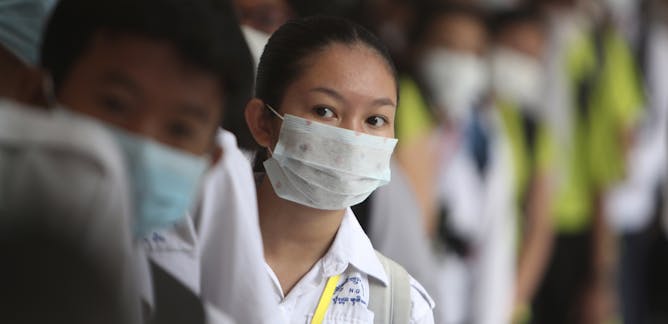
Arne Ruckert, L’Université d’Ottawa/University of Ottawa; Hélène Carabin, Université de Montréal; Ronald Labonte, L’Université d’Ottawa/University of Ottawa
China's coronavirus outbreak is stoking fears that it could become the next great global pandemic. As the World Health Organization declares a global emergency, it's also fanning a pandemic of fear.
| |
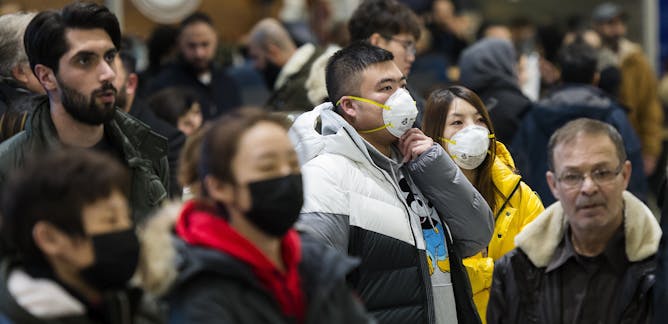
Maxwell J. Smith, Western University; Jacob Shelley, Western University
The declaration does not mean the risk to Canadians has changed, but it does mean Canada must step up to help those countries with weaker heath-care systems.
|

Jason Kindrachuk, University of Manitoba; Alyson Kelvin, Dalhousie University
Social media has allowed researchers around the world to collaborate and co-ordinate their efforts to fight the outbreak and contain its spread.
| |

Maciej F. Boni, Pennsylvania State University
Scientists do not yet know the severity of the current coronavirus. A biologist who worked on the 2009 flu pandemic offers insights on that outbreak as well as the SARS outbreak.
|
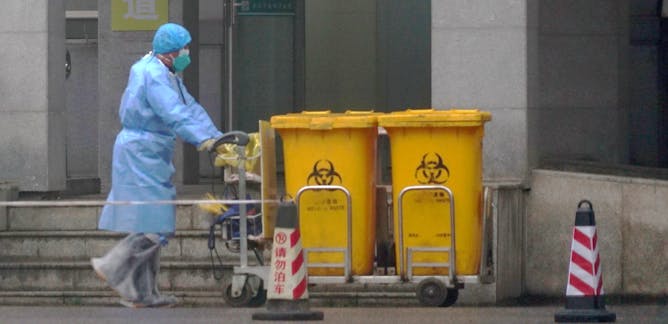
William Petri, University of Virginia
The coronavirus that has sickened hundreds in Wuhan, China, has worried health officials and other humans across the globe. Should people in the US worry?
| |
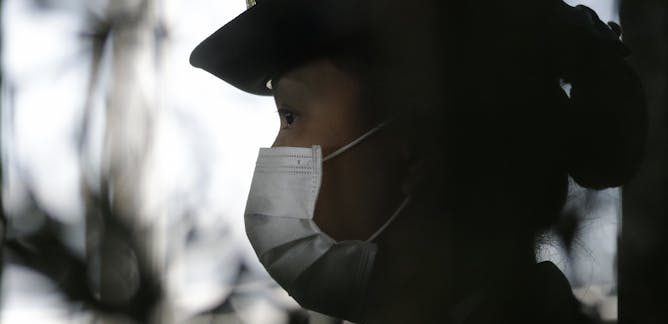
Aubree Gordon, University of Michigan; Florian Krammer, Icahn School of Medicine at Mount Sinai
One of the dangers of the new coronavirus is that there is no treatment – and no vaccine. But researchers had already been at work on vaccines for close-related viruses.
|
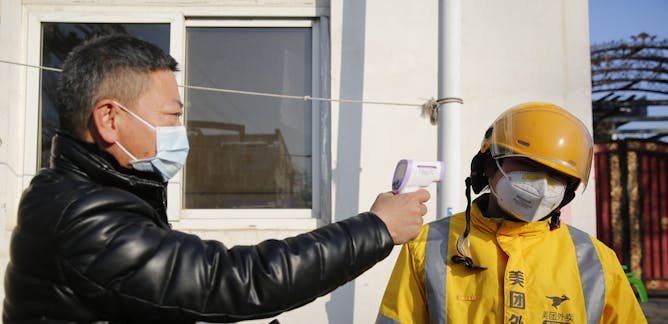
Vageesh Jain, UCL
The novel coronavirus is officially a global health emergency. Other countries should not adopt China's approach to containing the disease.
| |
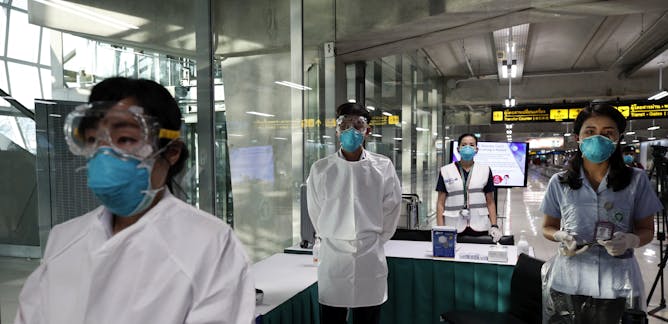
Ilan Noy, Te Herenga Waka—Victoria University of Wellington
The preliminary evidence suggests the Wuhan coronavirus is less deadly than SARS. But with social media, panic can now spread more rapidly and further.
|
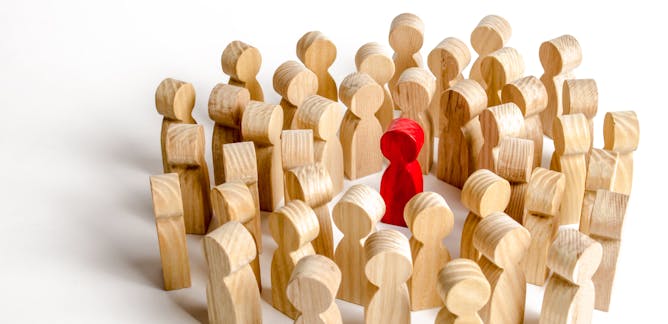
Claire Hooker, University of Sydney; Diego S. Silva, University of Sydney; Michael Anderson, University of Sydney
Asian students were bullied and excluded during the SARS outbreak. Here's how we can get schools to help prevent that happening again.
| |
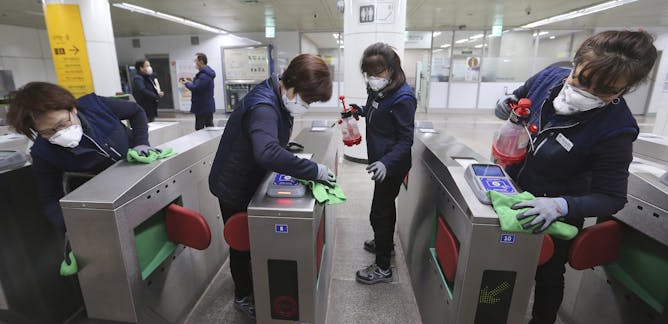
Ian Christopher Davis, The Ohio State University
Australian scientists have grown the Wuhan virus in a lab, and that will speed up the search for a vaccine. It also will help scientists understand how the virus is transmitted from person to person.
|
|
|